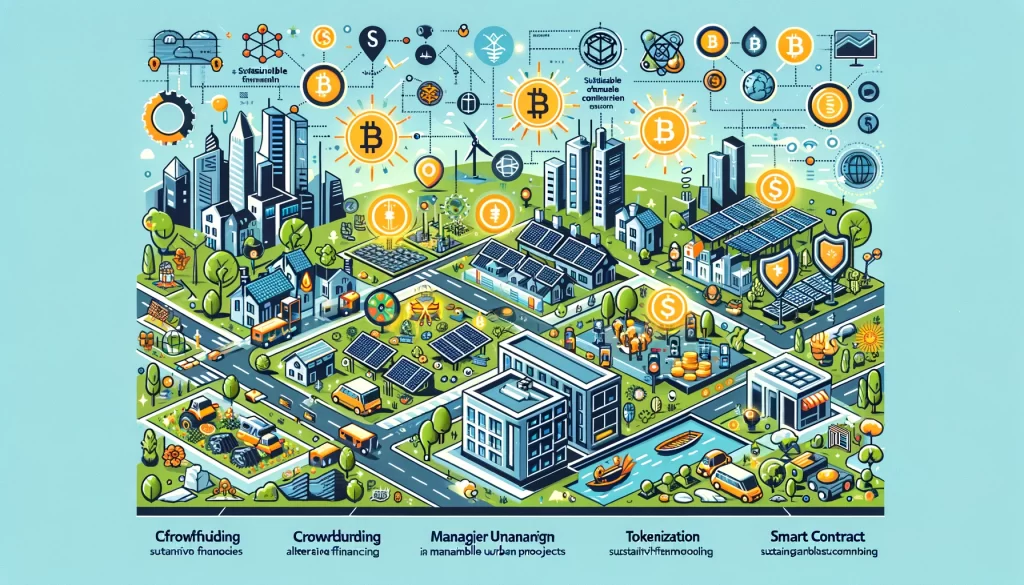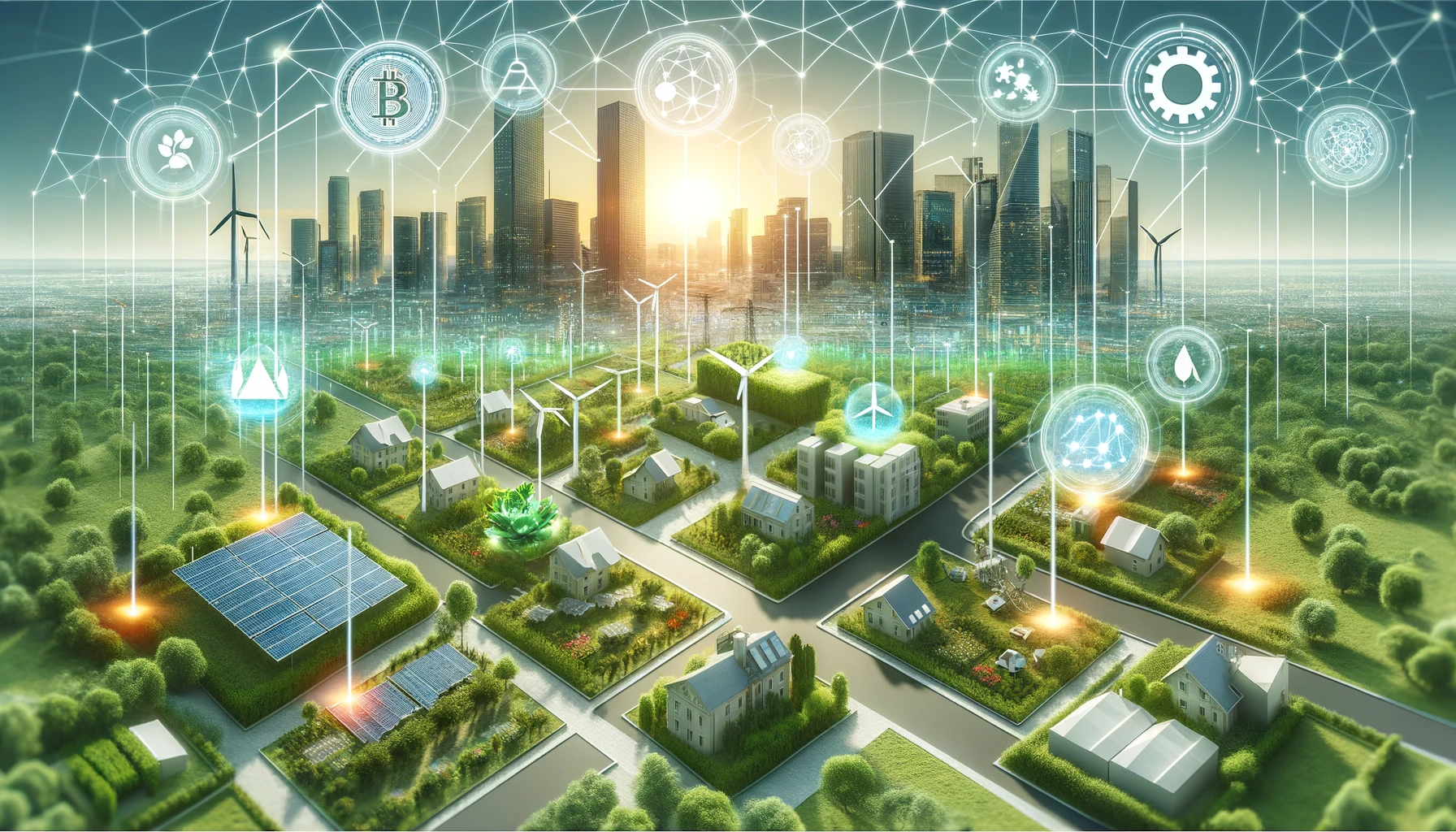As urbanization continues to rise, the challenge of making cities sustainable, resilient, and inclusive has never been more critical. The integration of blockchain and Decentralized Finance (DeFi) innovations presents a unique opportunity to address these challenges, offering new ways to fund, build, and manage urban infrastructure and services. This article explores the potential of blockchain and DeFi to transform urban development and contribute to the creation of sustainable cities.
Revolutionizing Urban Financing with DeFi
DeFi can revolutionize how urban projects are financed, providing an alternative to traditional funding sources that often come with high costs and barriers to entry. Through DeFi, cities can access a global pool of capital, allowing for more diverse and flexible financing options for sustainable urban projects.
Crowdfunding Urban Initiatives
Blockchain platforms enable crowdfunding of urban development projects, allowing individuals and organizations worldwide to directly invest in sustainable city initiatives. This democratizes urban financing, empowering local communities and global investors to support projects that enhance sustainability and livability.
Tokenization of Urban Assets
Tokenization, the process of converting real assets into digital tokens on a blockchain, can unlock new investment opportunities in urban infrastructure. By tokenizing assets such as buildings, parks, and renewable energy systems, cities can attract investment while ensuring transparency and liquidity.
Smart Contracts for Efficient Urban Management
Smart contracts automate and enforce the execution of contracts, streamlining the management of urban projects. This can significantly reduce administrative costs and improve efficiency in project implementation, from renewable energy distribution to waste management and public transportation systems.
Enhancing Urban Sustainability through Blockchain
Blockchain technology offers several key benefits that can enhance the sustainability of cities:
Transparent and Secure Data Management
Blockchain provides a secure and transparent way to manage urban data, from energy consumption to traffic patterns. This data can inform more sustainable urban planning and decision-making, optimizing resource use and reducing environmental impact.
Decentralized Energy Systems
Blockchain enables the creation of decentralized energy grids, where residents can produce, store, and trade renewable energy. This not only contributes to the city’s energy resilience but also encourages the adoption of renewable energy sources.
Improved Resource Allocation
By enhancing transparency and efficiency, blockchain and DeFi can improve the allocation of urban resources. Smart contracts can automate the distribution of resources based on real-time data, ensuring that urban services are delivered more effectively and sustainably.
Challenges and Future Directions

While blockchain and DeFi offer promising solutions for building sustainable cities, several challenges remain. Regulatory hurdles, technological complexity, and the need for widespread digital literacy are significant barriers. Moreover, ensuring that these technologies benefit all citizens equitably is crucial for their successful integration into urban development.
The future of sustainable cities lies in harnessing the power of blockchain and DeFi innovations. By addressing these challenges and focusing on inclusive, community-driven approaches, cities can leverage these technologies to finance and manage urban development more sustainably and efficiently.
As we move forward, the collaboration between governments, technology providers, investors, and communities will be key to realizing the vision of sustainable cities powered by blockchain and DeFi innovations.




